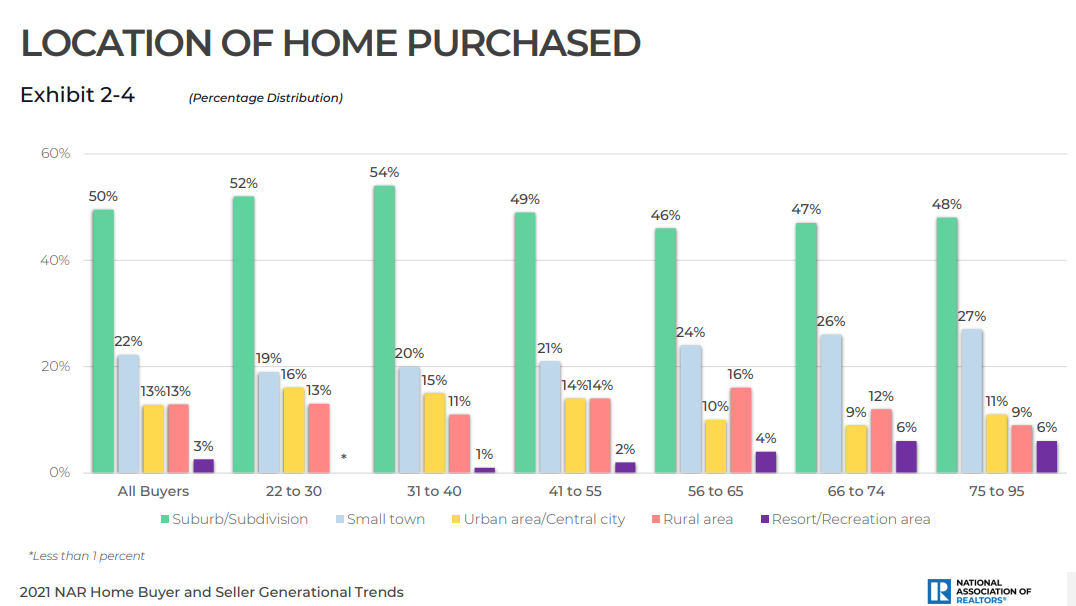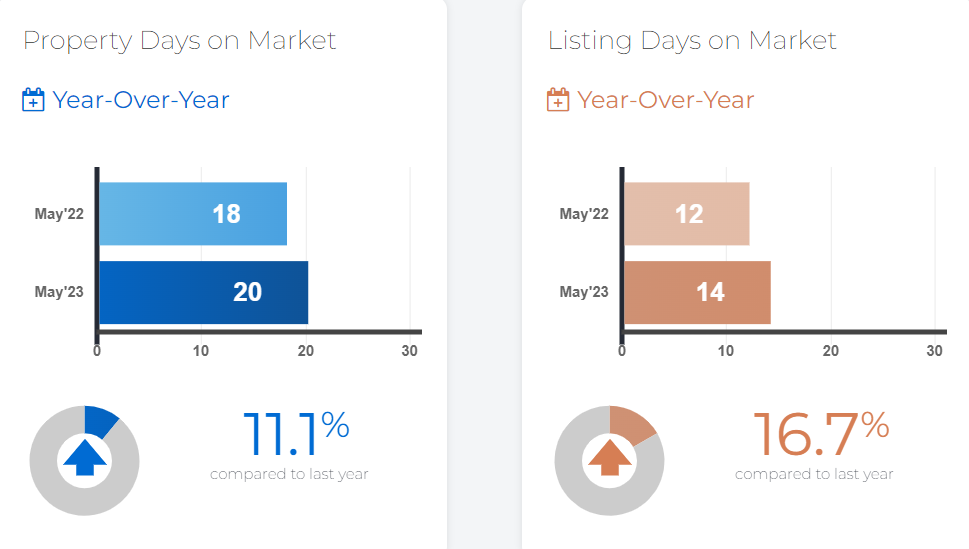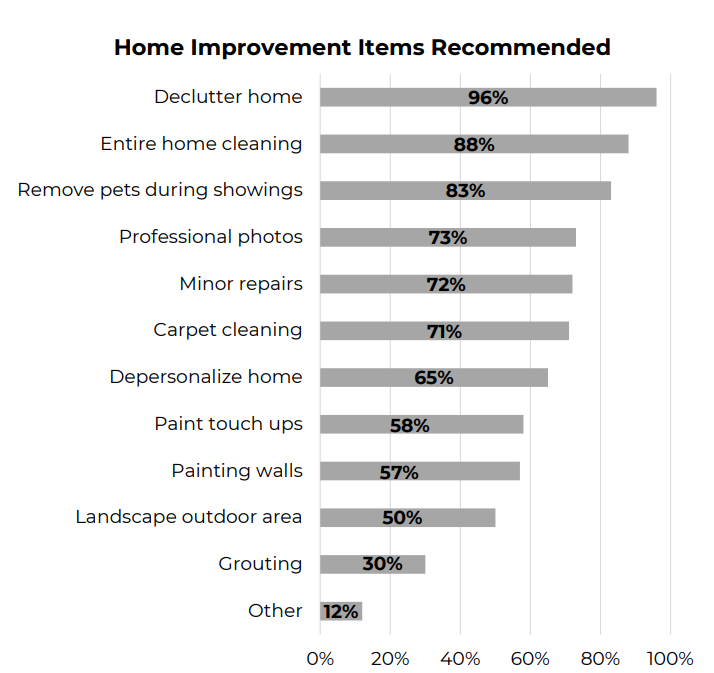Selling a house is a significant decision in anyone’s life, involving many factors and steps. Understanding the process is crucial to a successful transaction, whether you’re a homeowner or a real estate agent. From evaluating the property condition to devising an effective marketing strategy, numerous elements impact the sale. One of the essential aspects of this process is the average time it takes to sell a house.
Table of Contents:

Importance of understanding the average time to sell a house
The average time to sell a house is pivotal in the real estate market. Several factors influence it, including property location, market conditions, and pricing strategies. By grasping this timeframe’s significance, sellers and agents can optimize their approaches to achieve faster sales and higher returns.
In this article, we’ll explore various aspects related to selling a house. We’ll delve into the importance of property preparation, staging, and curb appeal, as well as the role of real estate agents in negotiating with potential buyers and closing the sale. Moreover, we’ll cover essential post-sale processes to guarantee a smooth and satisfying transaction for everyone involved.

Factors Affecting the Time to Sell a House
Selling a house involves various factors that can impact the duration of the selling process. Understanding these factors is essential for sellers and real estate agents to make informed decisions. Let’s explore some of the key elements that influence the time it takes to sell a house:
Market conditions
The prevailing market conditions heavily influence the pace of selling a house in the real estate industry. The state of the market can either expedite or prolong the selling process.
In a seller’s market, demand for homes surpasses the available supply. Higher demand creates a competitive environment where multiple buyers may be interested in a single property. As a result, houses tend to sell quickly in this favourable market condition. Sellers can use the high demand to negotiate good terms and achieve a quick sale.
On the other hand, a buyer’s market occurs when the supply of houses exceeds the demand from potential buyers. In this scenario, buyers have more options, which can lead to a longer selling process. Sellers may need to be patient and consider pricing their house competitively to attract potential buyers in a market that favours buyers.
Property Location
The location of a property plays a pivotal role in its desirability and the speed at which it sells.
Houses in highly sought-after neighbourhoods or areas with desirable amenities tend to attract more attention from potential buyers. These locations often boast excellent schools, convenient access to transportation, proximity to shopping centers, and a safe and friendly environment. As a result, houses in these sought-after neighbourhoods tend to sell faster due to their high desirability among buyers.
On the other hand, properties located in less desirable areas or neighbourhoods may experience a longer selling process. Factors such as inadequate amenities, high crime rates, limited accessibility, or unfavourable surroundings can deter potential buyers. Sellers of houses in such locations may need to be patient and employ strategic marketing tactics to attract buyers specifically interested in those areas.

| Did you know? During the pandemic, home prices rose strongly in most neighbourhoods, but the suburban areas experienced the greatest price growth. |
Property condition
The condition of a house is a critical factor that significantly influences its appeal to potential buyers.
Houses that are properly maintained and in good condition generally attract more buyers and tend to sell faster. Potential buyers are often looking for move-in-ready homes requiring minimal repairs or renovations.
Properties in need of major repairs or renovations may take longer to sell. Buyers may be hesitant to invest in a house that requires extensive work, and it can limit the pool of interested buyers. Sellers should consider addressing any necessary repairs or upgrades to improve the property’s overall condition and increase marketability.
Enhancing Curb Appeal and Staging
Enhancing the curb appeal of a house can significantly impact its first impression on potential buyers. Improving the exterior appearance by maintaining the landscaping, painting the front door, and ensuring a well-maintained facade can make a property more enticing.
Staging a house involves arranging furniture and decor to showcase its potential and create an inviting atmosphere. A well-staged home allows buyers to envision living in the space and can help sell the property faster.
Pricing Strategy
Setting the right price for a house is crucial for attracting potential buyers and expediting the selling process. Overpricing can deter buyers and prolong a property’s time on the market. It is important to conduct market research and consult with real estate agents to determine a competitive and realistic price.
Marketing and Visibility
Utilizing various marketing channels is essential for reaching a wider audience of potential buyers. Online listings, social media platforms, and professional networks can increase exposure and generate more interest in the property.
Working with a real estate agent with a robust marketing strategy can significantly impact the visibility of a house on the market. Agents can access extensive networks and resources to promote the property to their clients and other industry professionals.
| Did you know? In Toronto, the average property DOM (days on market) is 20 days, two days more than a year earlier. |

Understanding the Selling Process: 5 Steps
Selling a house involves a series of steps and processes that sellers and real estate agents must navigate to achieve a successful transaction. Understanding these processes is vital for a smooth and efficient selling experience. Let’s explore the key components of the selling process:
1. Preparing the house for sale
- Preparing a house for sale is crucial in attracting potential buyers and maximizing its value.
- Sellers should enhance the property’s curb appeal by maintaining the exterior, landscaping, and staging the house for a welcoming interior.
- Addressing any necessary repairs or updates can significantly impact the overall condition and appeal of the property.
2. Listing and marketing the property
- Listing the property on multiple platforms, such as online listings, real estate websites, and social media, increases its visibility to potential buyers.
- Effective marketing strategies, including high-quality photographs, detailed descriptions, and virtual tours, help attract interested parties.
- Collaborating with a professional real estate agent with a strong marketing plan can further enhance the property’s exposure.
3. Negotiating with buyers
The negotiation process begins when interested buyers express their desire to purchase the house.
Sellers and their agents discuss with potential buyers to agree on various terms. These may include the sale price, contingencies (home inspections or financing), and the closing timeline. It’s important to find a balance that satisfies both parties.
Successful negotiations require effective negotiation skills. Sellers should aim to understand the buyer’s perspective while advocating for their own interests. This involves active listening, maintaining flexibility, and finding mutually beneficial solutions.
4. Closing the sale
Closing the sale is the last step in the selling process, involving completing legal and financial requirements to transfer ownership to the buyer.
The buyer typically conducts inspections to assess the condition of the property. This may include a general home inspection, pest inspection, or other specialized inspections. Sellers should be prepared for any necessary repairs or negotiations that may arise from these inspections.
The buyer works on obtaining financing (if necessary) and reviews all relevant documentation related to the sale. Sellers should provide accurate and complete information and comply with their contractual obligations. Working with legal professionals is important to ensure all necessary paperwork is in order. Collaborating with a real estate agent and legal professionals streamlines the closing process.
| Did you know? If you use a real estate agent, you pay a commission based on the residence’s selling price. Depending on your location, realtor commissions are negotiable but typically range from 2% to 6%. |
5. Post-sale process
- After the sale is successfully closed, several post-sale processes must be addressed.
- Sellers may need to handle tasks such as transferring utilities, cancelling insurance policies, and forwarding mail.
- They should also ensure a smooth transition for the buyer, providing necessary information and assistance.

Case study: Average time to sell a house in different markets
Understanding the average time it usually requires to sell a house in various markets can provide valuable insights for sellers and buyers. Market conditions, property location, and other factors significantly determine how long it may take to sell a house. Let’s explore a case study that examines the average time to sell a house in different markets.
Market A: Urban Area
In a bustling urban area, where demand for housing is high, houses tend to sell relatively quickly. The average time to sell a house in Market A is approximately 30 days. Factors such as a strong job market, desirable amenities, and high population density contribute to faster sales. However, it’s important to note that pricing the house competitively and implementing effective marketing strategies are still crucial to attract potential buyers and facilitate a swift sale.
Market B: Suburban Area
In a suburban area, the average time to sell a house may be slightly longer compared to urban markets. It typically takes around 60 days to sell a house in Market B. Suburban areas often attract families seeking more space, good schools, and a quieter lifestyle. While demand may be slightly lower compared to urban areas, well-maintained properties with desirable features and reasonable pricing can still sell within a reasonable timeframe.
Market C: Rural Area
In rural areas, the average time to sell a house tends to be longer compared to urban and suburban markets. It can take approximately 90 days or more to sell a house in Market C. Factors such as a smaller pool of potential buyers and limited amenities contribute to the extended time on the market. In such areas, it’s crucial for sellers to set realistic expectations and work closely with a skilled real estate agent familiar with the local market dynamics.
Market D: Seasonal Vacation Destination
In seasonal vacation destinations, the average time to sell a house can vary significantly depending on the time of year. During peak seasons, when vacationers flock to the area, houses may sell relatively quickly, typically within 30 to 45 days. However, during off-peak seasons, when the demand decreases, it may take longer to find a buyer, extending the average time on the market to 90 days or more. Pricing the house strategically and targeting potential buyers interested in vacation properties are key considerations in these markets.
3 Tips to Speed Up the Selling Process
Selling a house can be a time-consuming process, but there are several strategies that sellers can implement to expedite the sale and achieve favourable outcomes.
Below, in the video, Howard Huang explains what the house-selling journey looks like. Along with some critical tips and tricks. If you’re planning on selling your home, then this is a must-see:
Here are some effective tips to speed up the selling process:
1. Improving the property’s curb appeal and staging the house
Enhancing the curb appeal of a property and staging the house play a vital role when selling a home. The first impression that a house makes on potential buyers is crucial, and curb appeal directly affects this. Sellers can create an inviting atmosphere that attracts more potential buyers by ensuring that the house’s exterior is well-maintained, with a groomed lawn, trimmed bushes, and attractive landscaping.
In addition to curb appeal, staging the house is equally important. By arranging furniture and decor to showcase the space and highlight its potential, sellers can help buyers envision themselves living in the house. Depersonalizing the space, removing personal photos and items, and decluttering create a more neutral and welcoming environment.
A well-staged house lets buyers focus on the property’s features and visualize how they would utilize the space. Adding tasteful accessories like fresh flowers, strategically placed artwork, and decorative accents can enhance the overall appeal and create an inviting atmosphere.

| Did you know? 81% of buyers’ agents reported that staging helped their clients see themselves living in the home. |
2. Pricing the house correctly
- Accurately pricing the house is essential for attracting potential buyers and minimizing time on the market.
- Conduct a comparative market analysis (CMA) to assess the property’s value based on recent sales of similar properties in the area.
- Avoid overpricing the house, as it may deter buyers, and instead, opt for a competitive and realistic price.
3. Hiring a real estate agent
- Hiring a real estate agent is a great way to save time and effort while increasing your chances of a successful sale.
- A skilled agent can provide valuable insights into the local market, handle negotiations with buyers, and effectively market the property.
- Choose an agent with a successful track record and a comprehensive marketing strategy to ensure the best possible outcome.

FAQ
What is the best time of year to sell a house?
The optimal time to sell a house can vary depending on the local real estate market and seasonal trends. Spring and early summer are generally favourable seasons to list a property, as more buyers are active during this time. However, factors such as market conditions and property location can also influence the best time to sell.
How can I sell my house fast?
To sell a house quickly, focus on improving its curb appeal, staging it effectively, and pricing it competitively. Utilize a robust marketing strategy, including online listings, social media promotion, and professional photography. Also, the selling process can be sped up by working with a real estate agent.
What should I fix in my house first?
Prioritize repairs and updates essential for the property’s functionality and safety. Address any structural issues, plumbing or electrical problems, and roofing concerns first. Cosmetic improvements, such as fresh paint and updated fixtures, can enhance the property’s appeal. By implementing these tips and considering the guidance of a qualified real estate agent, sellers can accelerate the selling process and increase their chances of a successful transaction.

Average Time to Sell a House – Final Words
Although selling a home can be difficult and time-consuming, sellers can improve their chances of making a deal by mastering the relevant aspects and implementing effective strategies. Properly preparing the property, marketing it effectively, and working with a skilled real estate agent is essential to achieving favourable outcomes.
Additionally, staying informed about market conditions and correctly pricing the house can significantly impact the selling process. By following the tips and advice provided in this guide, sellers can confidently navigate the selling journey and achieve their desired results.













